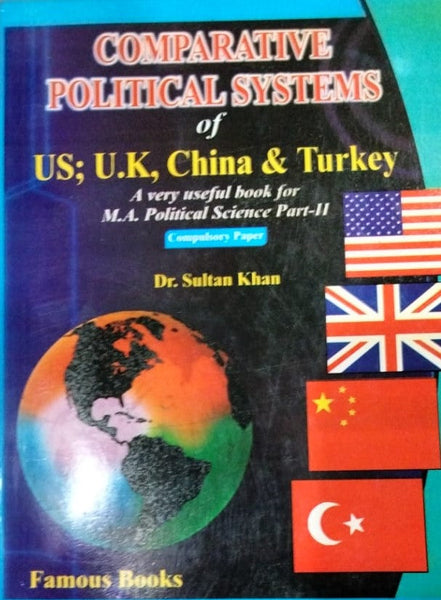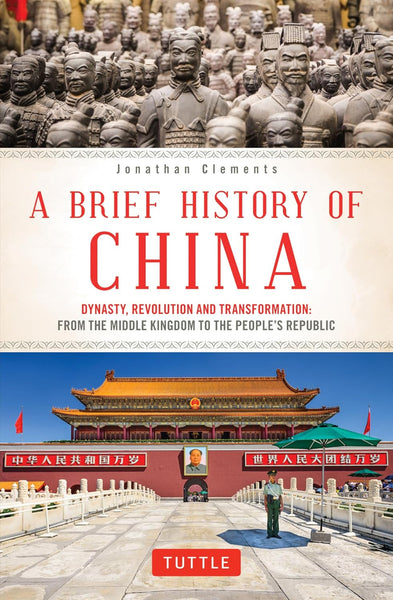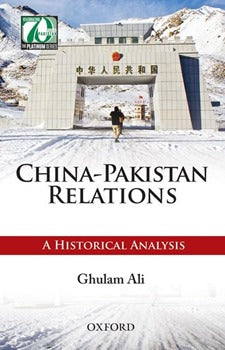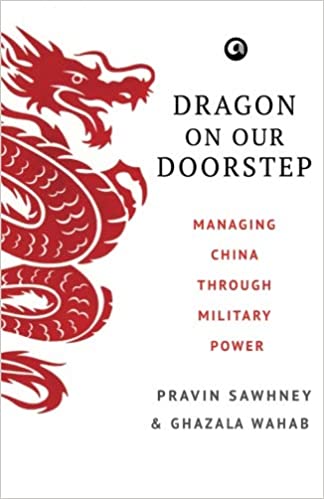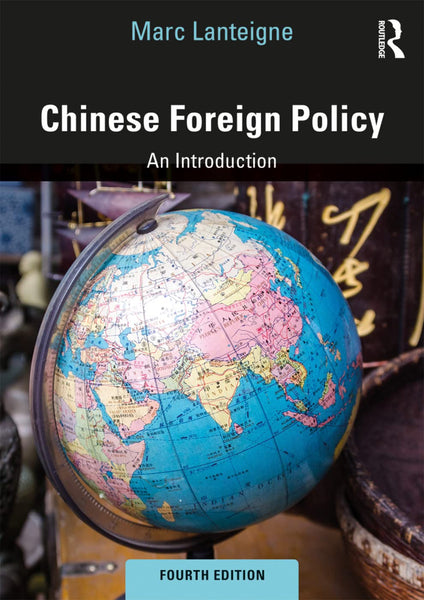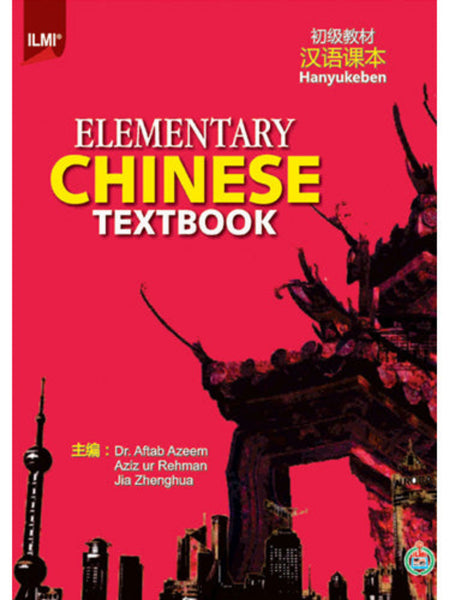In "Active Defense: China's Military Strategy Since 1949" by M. Taylor Fravel, the author provides a comprehensive analysis of China's military strategy from the founding of the People's Republic of China in 1949 to the present day. Fravel examines the evolution of China's military doctrine, its strategic priorities, and the role of the military in Chinese statecraft, shedding light on how China's security concerns have shaped its defense posture over the decades.
10 Key Points:
-
Historical Context: Fravel delves into the historical context surrounding the establishment of the People's Republic of China in 1949, tracing the roots of China's military strategy to its revolutionary period and early years under Mao Zedong.
-
Active Defense Doctrine: The book outlines China's active defense doctrine, which emphasizes the importance of defending against external threats while avoiding becoming embroiled in offensive military actions unless absolutely necessary.
-
Military Modernization: Fravel discusses China's ongoing efforts to modernize its military capabilities, including advancements in technology, organizational reforms, and investments in weapons systems.
-
Regional Security Concerns: The author examines China's evolving security concerns within the Asia-Pacific region, including territorial disputes, maritime security, and the strategic balance with neighboring countries and the United States.
-
Taiwan Strait: Fravel explores China's military strategy concerning Taiwan, analyzing Beijing's approach to the Taiwan issue and the implications for cross-strait relations and regional stability.
-
Nuclear Deterrence: The book addresses China's nuclear doctrine and its role in China's overall military strategy, including the development of a credible nuclear deterrent and Beijing's stance on nuclear non-proliferation.
-
Cyber Warfare and Space Security: Fravel discusses China's increasing emphasis on cyber warfare and space security, examining the role of these domains in China's military strategy and its implications for global security.
-
Civil-Military Relations: The author explores the relationship between China's military and civilian leadership, analyzing the extent of civilian control over the military and its implications for decision-making in national security matters.
-
Global Ambitions: Fravel considers China's expanding global ambitions and its implications for its military strategy, including Beijing's growing presence in international peacekeeping operations and its participation in multilateral security initiatives.
-
Future Trends: The book concludes with an analysis of future trends in China's military strategy, including potential challenges and opportunities facing the Chinese military as it continues to adapt to a rapidly changing global security environment.
"Active Defense: China's Military Strategy Since 1949" by M. Taylor Fravel offers valuable insights into the evolution of China's military strategy over the past decades. By examining key principles, historical developments, and contemporary challenges, the book provides a comprehensive framework for understanding China's approach to national defense and security. As China continues to assert itself on the global stage, Fravel's analysis serves as a crucial resource for policymakers, scholars, and anyone seeking to understand the dynamics of Chinese military strategy in the 21st century.



